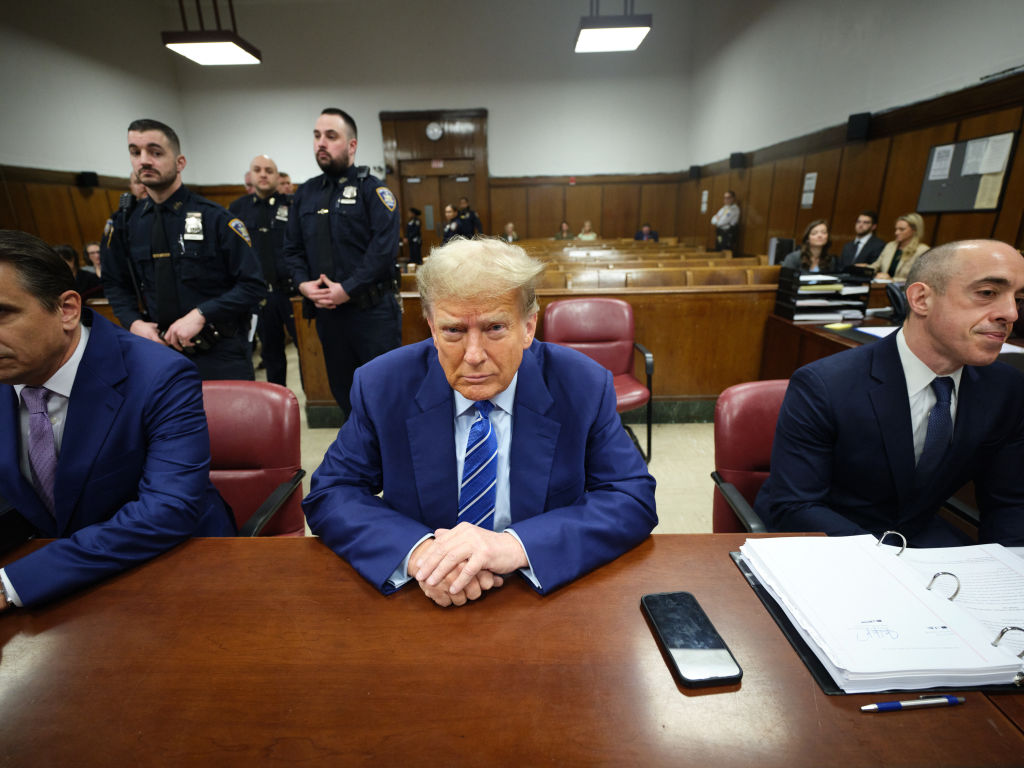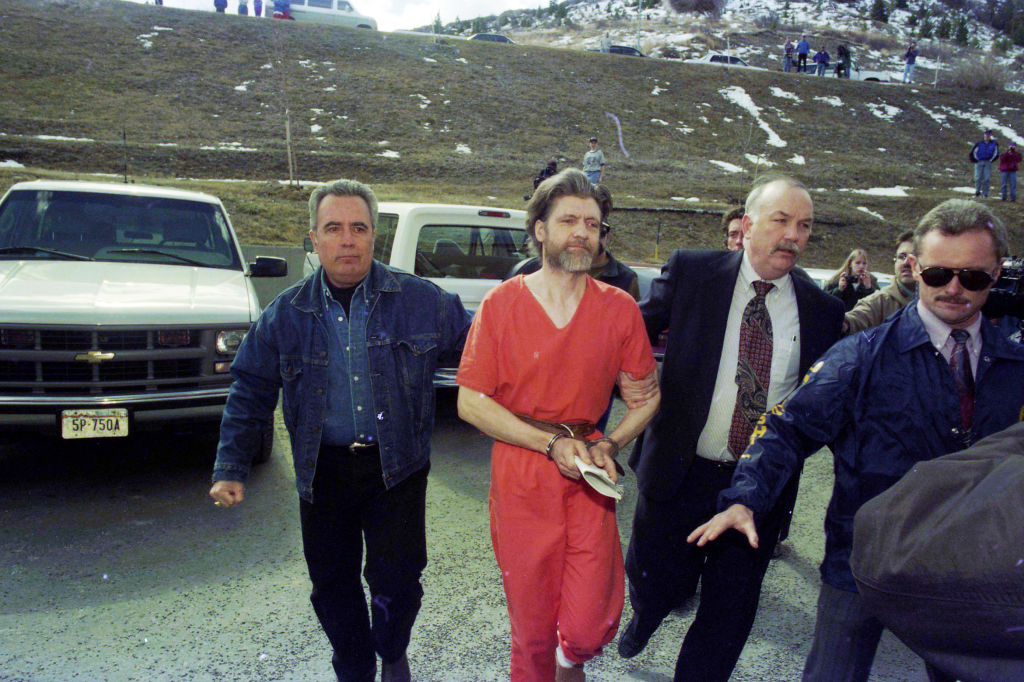WikiLeaks surprised friends and foes of the U.S. government this week by releasing classified information that allegedly describes tools used by the Central Intelligence Agency to hack devices outside of the American border.
The site’s news release called the leaks -- codenamed Vault 7 -- “the largest ever publication of confidential documents on the agency.”
“They were highly classified, and I think that their release did cause damage to U.S. national security,” said Nate Jones, director of the Freedom of Information Act Project at the National Security Archive at George Washington University.
The whistleblower who shared Vault 7 “wishes to initiate a public debate about the security, creation, use, proliferation and democratic control of cyberweapons,” according to WikiLeaks.
Classified documents tend to relate to military action or intelligence. There are three types: confidential, secret, and top secret, each of which would cause “damage to the national security” of the United States on an escalating scale if released, according to Executive Order 13526, which details government classifications and was signed by Barack Obama in December 2009. When information is especially delicate, it may be assigned to a Special Access Program that limits its distribution even further.
Jones noted that pretty much anything can be classified -- officials joke that they could classify a ham sandwich if they wanted. Something as benign as a diplomat’s private opinion on the day’s news could be confidential, he said.
Even secret or top secret documents aren’t always hard-hitting.
U.S. & World
“A wiretap could be very, very, very highly classified, but it could just be a guy talking about his cat,” Jones said, because the method of collecting information is sensitive even if the intel is not.
Though some of the WikiLeaks cache is classified, Joel R. Reidenberg, law professor at Fordham University and visiting professor at Princeton University, said its content shouldn’t come as a shock to anyone who follows the news.
When the FBI gained access to the San Bernardino shooter’s iPhone last year, it was clear the American intelligence community had developed the ability to circumvent cellphone security measures.
But he believes that Vault 7 will still prove detrimental to American national security.
“It reveals the scope of tools that the U.S. government has,” Reidenberg said. “In doing that, it’s providing information to adversaries about what we can and can’t do.”
The WikiLeaks documents were misrepresented by the media at first, experts say. Some articles originally implied that the CIA had found ways to get into encrypted messaging apps, like WhatsApp and Signal. Instead, the documents show the CIA has been hacking into individual devices, from iPhones to smart TVs, according to the New York Times.
Such a slow and tedious process assumes the United States still lacks the technology to get into protected messaging systems, which enemies of the state now know.
The leak also gives tech companies like Apple and Android the ability to fix their devices’ security loopholes so the CIA can no longer use the tools it’s developed.
Jones said that he wanted to know what companies like Apple and Android are doing to close the backdoors that had allowed the CIA to hack into their products.
The agency has not authenticated the documents, and a spokesperson was unwilling to comment on the record.
In a press release, a CIA representative wrote, “The American public should be deeply troubled by any Wikileaks disclosure designed to damage the Intelligence Community’s ability to protect America against terrorists and other adversaries. Such disclosures not only jeopardize U.S. personnel and operations, but also equip our adversaries with tools and information to do us harm.”
The statement noted that the “CIA is legally prohibited from conducting electronic surveillance targeting individuals here at home, including our fellow Americans, and CIA does not do so.”
Reidenberg said that unlike the Edward Snowden leaks about the National Security Agency, from what he had seen and heard about Vault 7, there is no indication the CIA spied on U.S. citizens.
Also unlike Snowden, WikiLeaks' Julian Assange is not an American, but an Australian who has actively sought to disseminate classified information about a government that is not his.
“It is certainly an aggressive, hostile act against the United States because it’s designed to compromise the CIA’s ability to do its job,” Reidenberg said.
Jones took a more moderate tone.
“I think that every disclosure has some harm and has some benefits, and you can’t just say that everything is wholly good or wholly bad,” he said.



